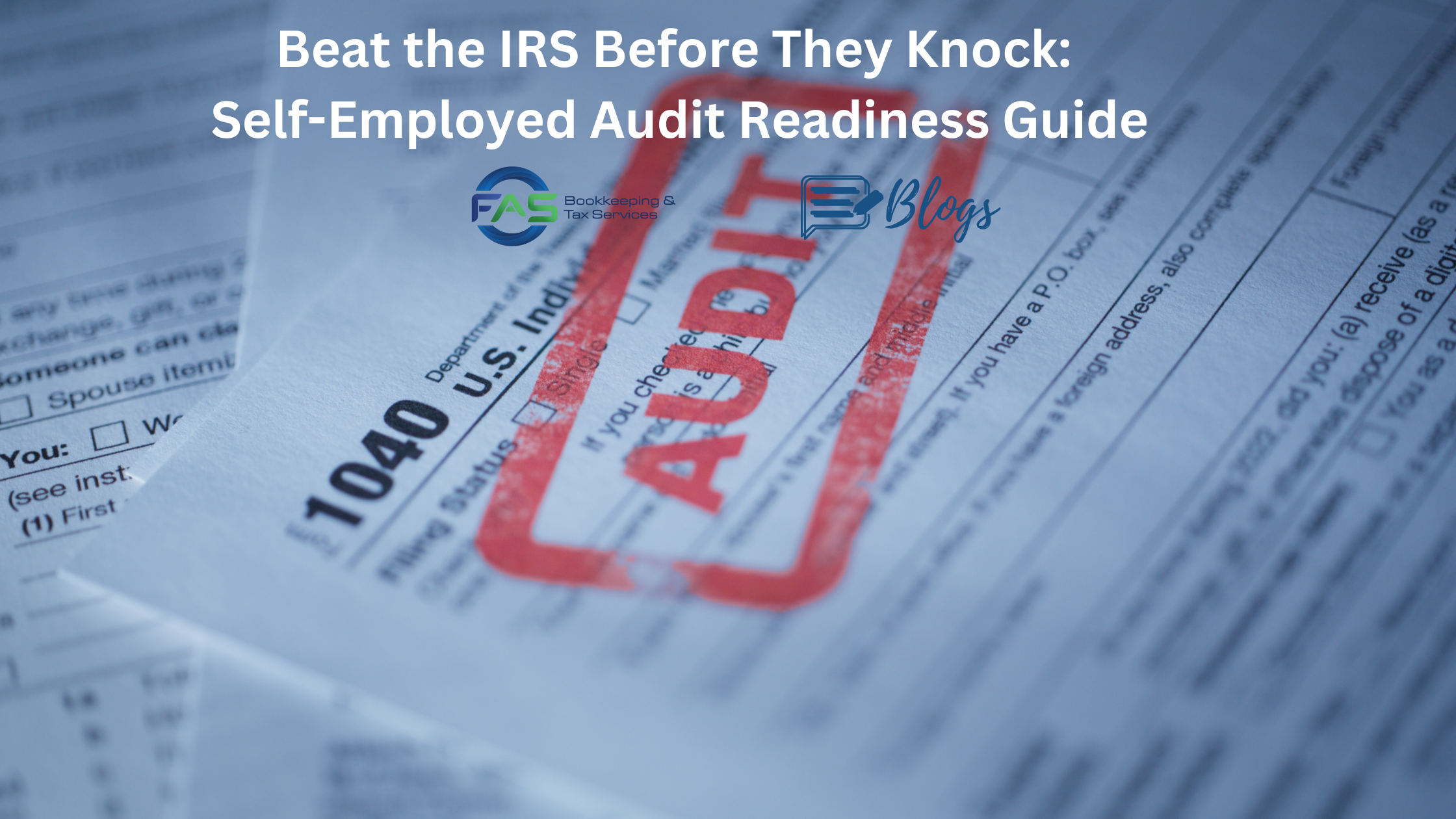Tax Credit for Hiring Long-term Unemployed Workers
With many businesses facing a tight job market, employers should know about a valuable tax credit for hiring long-term unemployed workers and other groups of workers facing significant barriers to employment. If your business is hiring right now, the Work Opportunity Tax Credit (WOTC) may help.
Background
Legislation enacted in December extended the WOTC through the end of 2025. This long-standing tax benefit encourages employers to hire workers certified as members of any of the ten targeted groups facing barriers to employment. Millions of Americans have been out of work at one time or another since the pandemic began. Still, one of these targeted groups is long-term unemployment recipients who have been unemployed for at least 27 consecutive weeks and have received state or federal unemployment benefits during part or all that time.
Eligible Employees
The other groups include certain veterans and recipients of various kinds of public assistance, among others. Specifically, the ten groups are:
- Temporary Assistance for Needy Families (TANF) recipients,
- Unemployed veterans, including disabled veterans,
- Formerly incarcerated individuals,
- Designated community residents living in Empowerment Zones or Rural Renewal Counties,
- Vocational rehabilitation referrals,
- Summer youth employees living in Empowerment Zones,
- Supplemental Nutrition Assistance Program (SNAP) recipients,
- Supplemental Security Income (SSI) recipients,
- Long-term family assistance recipients,
- Long-term unemployment recipients.
Qualifying for the Credit
To qualify for the credit, an employer must first request certification by submitting IRS Form 8850, Pre-screening Notice and Certification Request for the Work Opportunity Credit, to their state workforce agency (SWA). Do not submit this form to the IRS.
Form 8850 must be submitted to the SWA within 28 days after the eligible worker begins work. Eligible businesses claim the WOTC on their federal income tax return. It is generally based on wages paid to eligible workers during the first year of employment. The credit is first figured on Form 5884, Work Opportunity Credit, and then is claimed on Form 3800, General Business Credit.
Though the credit is not available to tax-exempt organizations for most groups of new hires, a special rule allows them to claim the WOTC for hiring qualified veterans. These organizations claim the credit against payroll taxes on Form 5884-C, Work Opportunity Credit for Qualified Tax-Exempt Organizations.
If you are a small business owner who wants to take advantage of this tax-saving credit but is not sure you qualify, contact us and we are here to help you.





